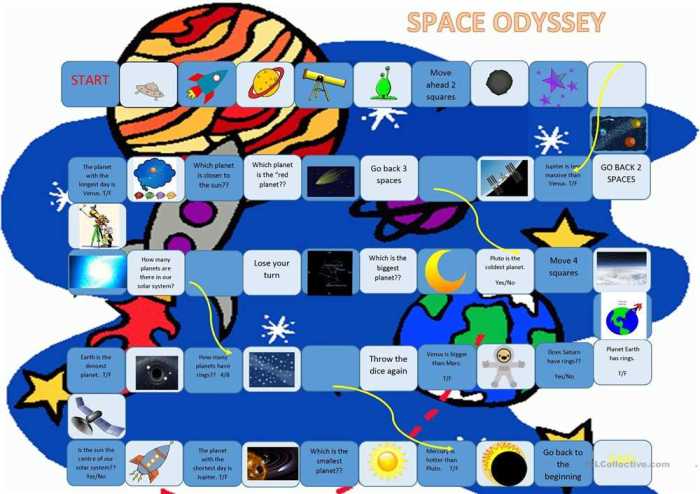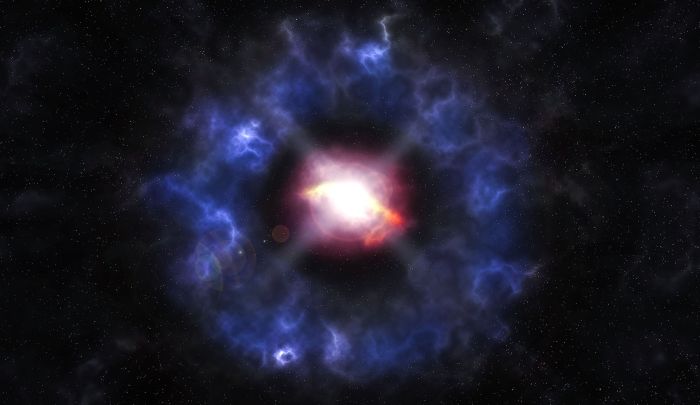Cosmos Episode 2 Worksheet Answers delve into the fascinating realm of cosmology, guiding us through the intricate tapestry of the universe’s origins and evolution. From the groundbreaking Big Bang theory to the ongoing search for extraterrestrial life, this comprehensive guide unlocks the mysteries that lie beyond our planet.
Prepare to embark on a cosmic journey as we explore the evidence supporting the Big Bang, trace the formation of stars and galaxies, and contemplate the philosophical implications of our place within the vastness of space.
Introduction to Cosmos Episode 2: Cosmos Episode 2 Worksheet Answers
The second episode of Cosmos, titled “The Planets,” explores the origins, evolution, and potential for life beyond Earth. It delves into the mysteries of our solar system and the vastness of the universe, examining the interconnectedness of all things.
This episode serves as a continuation of the series’ exploration of the cosmos, offering a comprehensive overview of our place in the universe and the scientific discoveries that have shaped our understanding of it.
The Big Bang Theory
The Big Bang theory is the leading scientific explanation for the origin and evolution of the universe. It proposes that the universe began as an infinitely hot and dense singularity, which expanded and cooled over time, giving rise to the galaxies, stars, and planets we see today.
Evidence supporting the Big Bang theory includes the cosmic microwave background radiation, the abundance of light elements, and the redshift of distant galaxies.
Edwin Hubble
Edwin Hubble, an American astronomer, played a pivotal role in the development of the Big Bang theory. His observations of distant galaxies revealed that they were moving away from Earth at an accelerated rate, providing evidence for the expansion of the universe.
Cosmic Evolution

The universe has undergone a continuous process of evolution since its inception. After the Big Bang, the primordial soup of particles coalesced into stars and galaxies, which in turn gave rise to planets and other celestial bodies.
The evolution of the universe is driven by gravitational forces, nuclear fusion, and other astrophysical processes. The formation and evolution of stars, galaxies, and other cosmic structures are central to our understanding of the universe’s history and future.
Cosmic Expansion
The expansion of the universe is a fundamental aspect of cosmic evolution. As the universe expands, the distance between galaxies increases, leading to the redshifting of their light. The expansion rate is accelerating, suggesting the existence of a mysterious force known as dark energy.
The Search for Life
The search for life beyond Earth is one of the most profound and enduring scientific endeavors. The conditions necessary for life to thrive include the presence of liquid water, organic molecules, and a stable environment.
Scientists are actively exploring planets and moons in our solar system, as well as exoplanets orbiting distant stars, in the hope of finding evidence of extraterrestrial life.
Implications, Cosmos episode 2 worksheet answers
The discovery of life beyond Earth would have profound implications for our understanding of the universe and our place within it. It would challenge our notions of uniqueness and raise questions about the potential for intelligent life and civilizations.
The Cosmic Calendar
The cosmic calendar is a visualization of the history of the universe, compressing 13.8 billion years into a single year. It provides a perspective on the vastness of cosmic time and the relative brevity of human history.
The cosmic calendar highlights key events in the universe’s evolution, including the formation of stars, galaxies, and planets, as well as the emergence of life on Earth.
Implications, Cosmos episode 2 worksheet answers
The cosmic calendar challenges our human-centric view of time and space. It emphasizes the interconnectedness of all things and the insignificance of our own existence on the cosmic scale.
The Role of Science
Science plays a crucial role in exploring the cosmos and unraveling its mysteries. Scientists use telescopes, probes, and other instruments to collect data and test hypotheses about the universe.
The scientific method is a rigorous and iterative process that involves observation, experimentation, and the formulation of theories. Through scientific inquiry, we deepen our understanding of the universe and its fundamental laws.
Philosophical Implications

The study of the cosmos raises profound philosophical questions about our place in the universe and the nature of reality. It challenges our assumptions about time, space, and the existence of life.
The vastness and complexity of the universe can evoke feelings of awe, wonder, and humility. It can inspire us to reflect on our own existence and the significance of human life.
FAQ Compilation
What is the Big Bang theory?
The Big Bang theory posits that the universe originated from a singularity, an infinitely dense and hot point, approximately 13.8 billion years ago. This singularity underwent a rapid expansion, giving rise to the universe as we know it.
Who played a crucial role in developing the Big Bang theory?
Edwin Hubble made significant contributions to the development of the Big Bang theory. His observations of the redshift of galaxies provided evidence for the expansion of the universe, supporting the notion of a singular origin.
What is the Cosmic Calendar?
The Cosmic Calendar is a visualization of the history of the universe, compressed into a single year. It illustrates the vastness of cosmic time and the relatively recent emergence of life and human civilization.